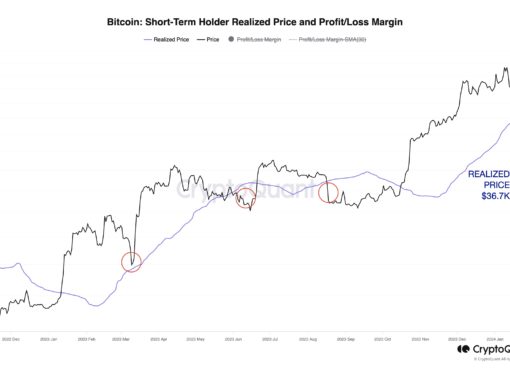The CEO of American investment company BlackRock, Larry Fink, highlighted the potential of digital assets and tokenization for the asset management industry in his annual chairman’s letter to the company.
The letter was published on March 15 and addressed various topics of interest to the firm over the last year, including digital assets. Fink highlighted the rising and sustained interest in these types of assets, despite the FTX catastrophe.
He said beyond the hype, “interesting developments” are happening in the space. He especially noted the “dramatic advances” in the digital payment solutions that help forward financial inclusion in many emerging markets like India, Brazil and Africa.
However according to Fink developing markets are not at the same pace innovation-wise:
“By contrast, many developed markets, including the U.S., are lagging behind in innovation, leaving the cost of payments much higher.”
BlackRock currently manages around $8 trillion in assets and is one of the largest asset managers in the world. Fink said the asset management industry could have some “exciting applications” of the technology underlying these digital asset innovations.
Specifically, he praised the tokenization of asset classes with their potential in “driving efficiencies in capital markets, shortening value chains, and improving cost and access for investors.”
His statement ended not leaving out the risks and need for regulation of the crypto space, but still pointing out that the company will be further exploring digital assets going forward.
Related: It’s not the end of crypto: EU asset manager gives 5 reasons why
This is not the first time Fink has made commentary on decentralized finance. After the fall of FTX, he commented that the FTX Token caused the exchange’s downfall because it goes against “the whole foundation of what crypto is.”
However, in the same conversation, he openly called the underlying technology of crypto and the blockchain revolutionary.
Back in September 2022, BlackRock released a new ETF that invests in 35 blockchain-related companies.




